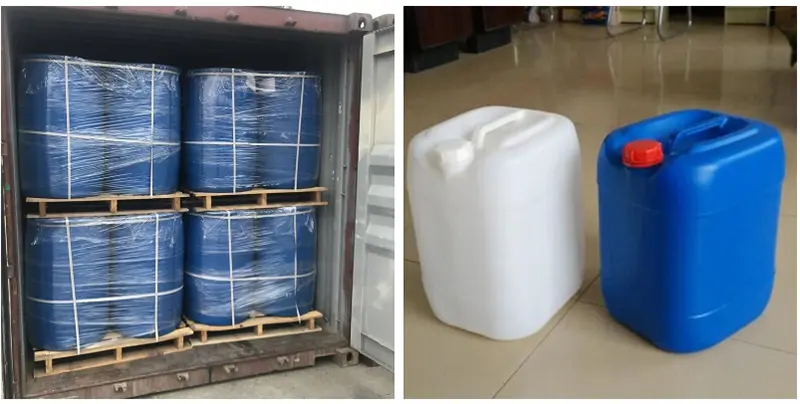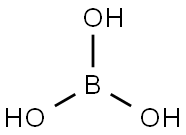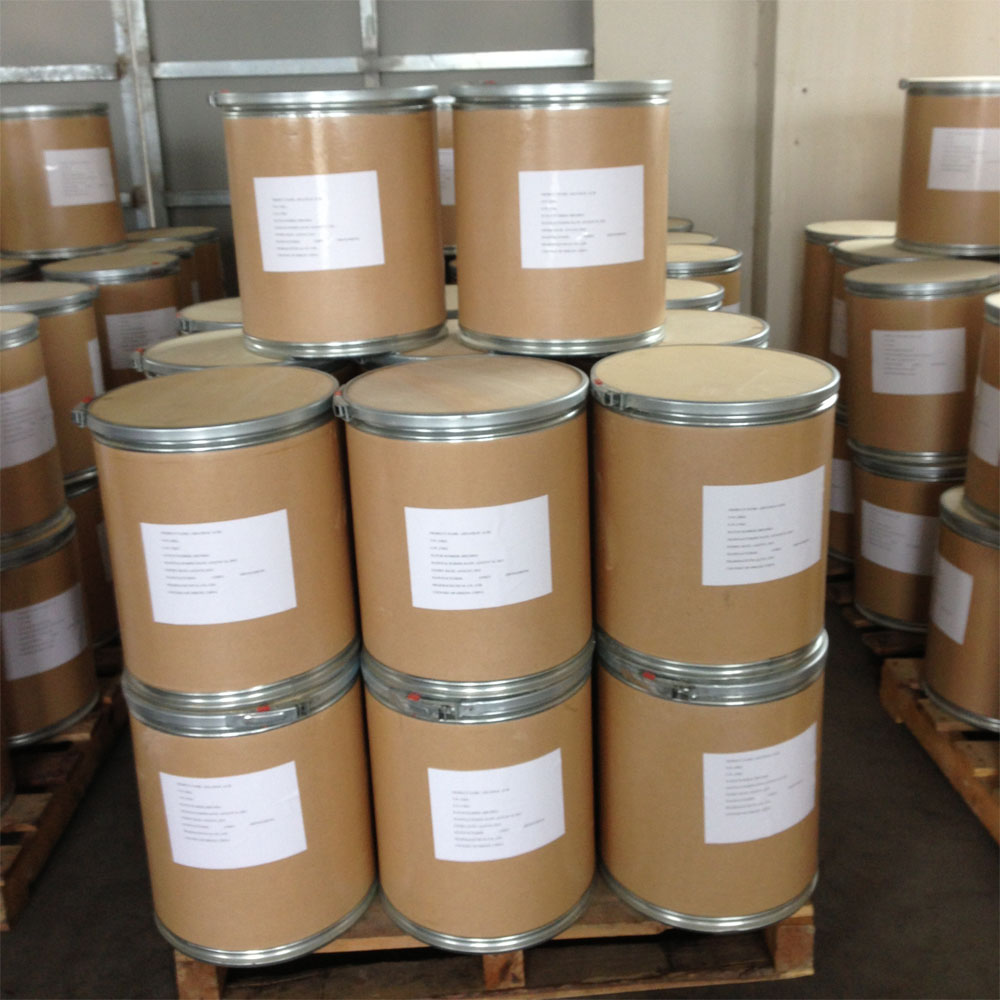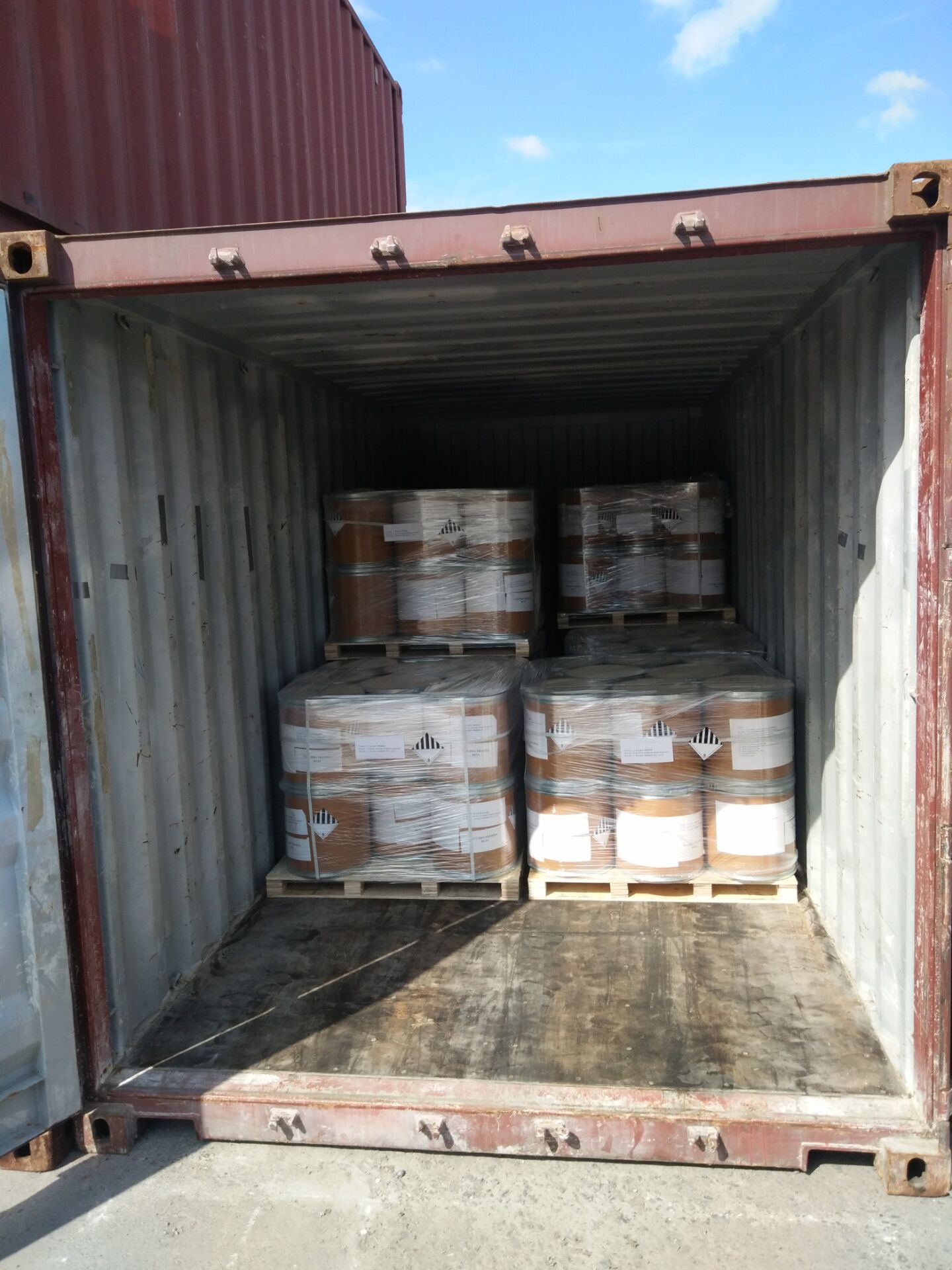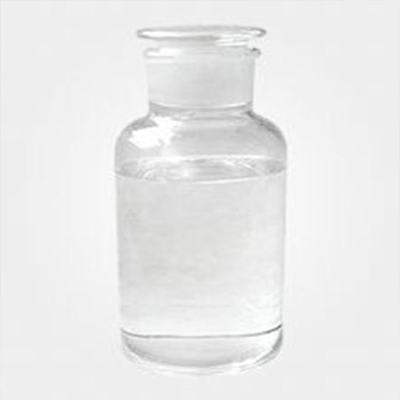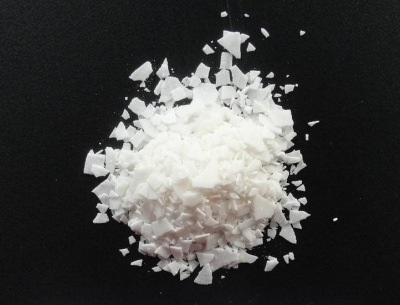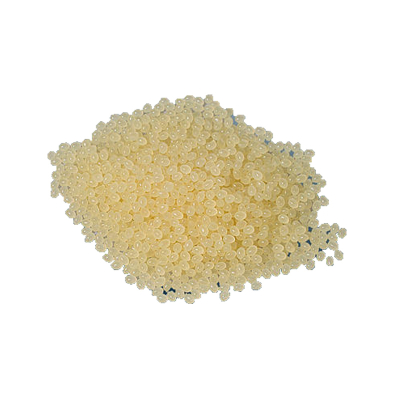Orthoboric acidCAS#10043-35-3
Orthoboric acidCAS#10043-35-3 Promotion Season Now in Store and Free Sample for Testing with Factory Price
Chemical Name:Orthoboric acid
CAS No.10043-35-3
Molecular Formula:BH3O3
Molecular weight61.83
Sample: Available
Mode of Transportation
1. By Air, fast but expensive.
2. By Sea, usual and economy.
3. By Train, suit for middle Asia countries.
4. By Express, suit for small package.
We only provide highest quality goods available, accompanied by after support!
Products Description of Orthoboric acidCAS#10043-35-3
Boric acid is a crystalline compound formed by boron trioxide dissolving in water. It is an inorganic acid, mainly tetraboric acid H2B4O7 (also known as pyroboric acid), metaboric acid (HBO2)n and orthoboric acid H3BO3 (also known as orthoboric acid). Among them, orthoboric acid has the highest water content and is the most stable. Orthoboric acid, also known as boric acid for short, has the appearance of white powdery crystals or flaky crystals with three oblique axes and is shiny. It has a slight bitter taste. It feels greasy when in contact with the skin. It has no odor and is soluble in water, ethanol, glycerin, ethers and essential oils. The aqueous solution is weakly acidic. When orthoboric acid is heated to 70-100℃, it gradually dehydrates to metaboric acid, pyroboric acid at 150℃-160℃, and boric anhydride (B2O3) at 300℃. Boric acid is toxic to the human body. Solubility in water: 2.77 at 0℃, 3.65 at 10℃, 4.87 at 20℃, 5.74 at 25℃, 6.77 at 30℃, 8.90 at 40℃, 11.39 at 50℃, 14.89 at 60℃, 23.54 at 80℃, 38.00 at 100℃. The aqueous solution is weakly acidic and is a typical Lewis acid. The presence of hydrochloric acid, citric acid or tartaric acid can promote its solubility in water. Therefore, it can be purified by recrystallization.
Orthoboric acid Chemical Properties
Melting point | 160 °C (dec.) (lit.) |
Boiling point | 219-220 °C (9.7513 mmHg) |
density | 1.440 g/cm3 |
vapor pressure | 2.6 mm Hg ( 20 °C) |
storage temp. | Store at +5°C to +30°C. |
solubility | H2O: soluble |
form | working solution |
pka | 8.91±0.43(Predicted) |
Specific Gravity | 1.435 |
color | ≤10(APHA) |
Odor | Odorless |
PH Range | 3.8 - 4.8 |
PH | 3.6-4.4 (25℃, saturated solution in H2O) |
Water Solubility | 49.5 g/L (20 ºC) |
Sensitive | Hygroscopic |
λmax | λ: 260 nm Amax: 0.05 |
Merck | 14,1336 |
BRN | 1697939 |
Exposure limits | ACGIH: TWA 2 mg/m3; STEL 6 mg/m3 |
InChIKey | KGBXLFKZBHKPEV-UHFFFAOYSA-N |
LogP | -1.09 at 22℃ |
CAS DataBase Reference | 10043-35-3(CAS DataBase Reference) |
NIST Chemistry Reference | B(OH)3(10043-35-3) |
EPA Substance Registry System | Orthoboric acid (10043-35-3) |
Safety Information
Hazard Codes | Xi,T,Xn |
Risk Statements | 36/37/38-60-63-62-61 |
Safety Statements | 26-36-53-45-37/39-36/37/39-22-24/25-23 |
WGK Germany | 2 |
RTECS | ED4550000 |
F | 3 |
TSCA | Yes |
HS Code | 28100090 |
Hazardous Substances Data | 10043-35-3(Hazardous Substances Data) |
Toxicity | LD50 orally in rats: 5.14 g/kg (Smyth). |
Product Application of Orthoboric acidCAS#10043-35-3
It is widely used in the glass industry (optical glass, acid-resistant glass, heat-resistant glass, glass fiber for insulating materials), which can improve the heat resistance and transparency of glass products, improve mechanical strength, and shorten melting time. In the enamel and ceramic industry, it is used to enhance the gloss and fastness of enamel products, and is also one of the components of glaze and pigment. In the metallurgical industry, it is used as an additive and solvent, especially boron steel with high hardness and good ductility, which can replace nickel steel. Boric acid has anti-corrosion properties and can be used as a preservative, such as wood antiseptic. It is used in metal welding, leather, photography and other industries, as well as in the manufacture of dyes, heat-resistant and fire-resistant fabrics, artificial gems, capacitors, and cosmetics. It can also be used as an insecticide and catalyst. In agriculture, boron-containing trace element fertilizers have fertilizer effects on many crops, can improve crop quality and increase yield. Boric acid is also one of the basic raw materials for the production of other borides. The boron compounds produced by it are widely used in national defense and other industrial departments and scientific research units.
Factory and Equipment Show
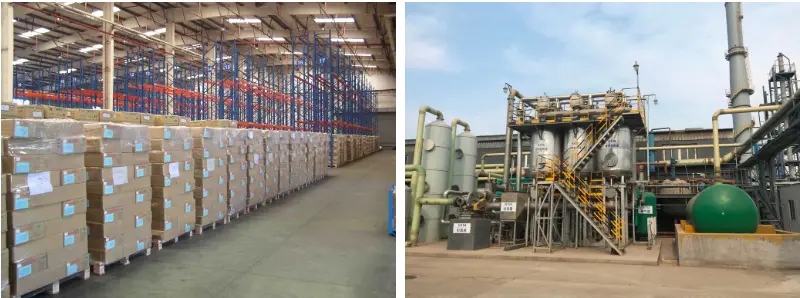

Fast delivery time
Inventory 2-3 working days New production 7-10 working days
